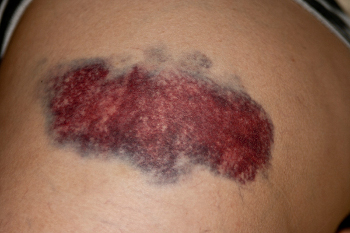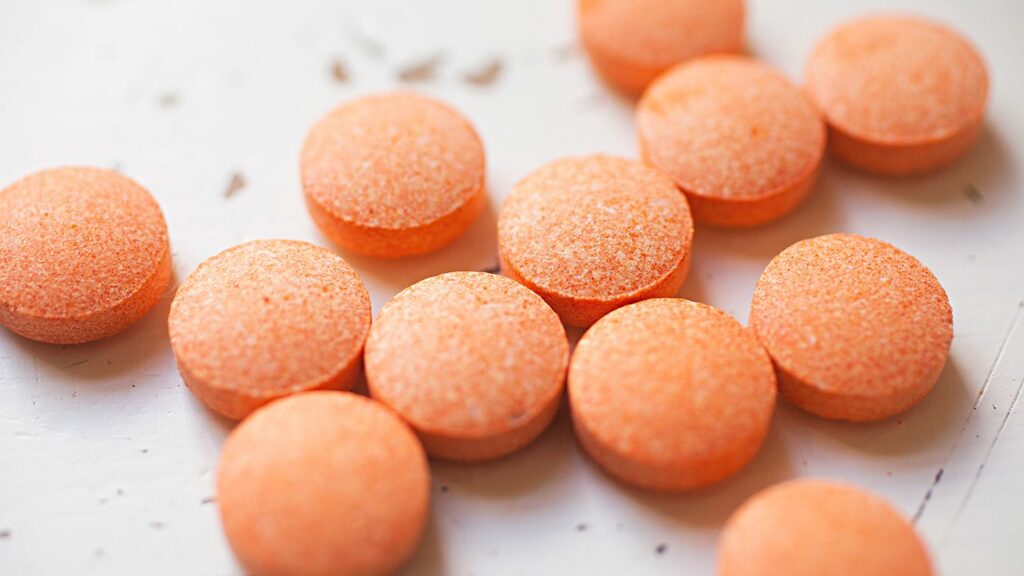Medically reviewed by Dr. Marwan Khalifeh.
Lipedema is a chronic condition that not only affects the distribution of fat in the body but also leads to Lipedema related symptoms like unexplained bruising, which can be both painful and distressing. If you suffer from Lipedema bruising, it’s important to understand why it occurs, how it can be managed and what steps can be taken to minimise its impact on daily life.
What is Lipedema?
Lipedema is a progressive condition causing the abnormal accumulation of fat in specific areas of the body, predominantly the legs and sometimes arms. It primarily affects women and often develops or worsens at times of hormonal change, such as puberty, when taking hormonal contraception, pregnancy, or menopause.
Lipedema tissue is composed differently to standard body fat, therefore it is often accompanied by pain, tenderness and a propensity for easy bruising. Have you ever looked down at your legs and noticed they’re covered in bruises but have absolutely no recollection of how it happened? Yes, me too.
Why Does Bruising Occur in Lipedema?
Bruising is a common and distinguishing symptom of Lipedema. This happens for several reasons:
- Fragile Blood Vessels: Women with Lipedema often have more fragile capillaries within the affected areas. The excessive pressure from the enlarged fat cells can cause these tiny blood vessels to break easily, resulting in bruising.
- Increased Pressure: The accumulation of Lipedema fat can put extra pressure on tissues and vessels, making them more susceptible to injury from even minor bumps.
- Inflammatory Response: Lipedema tissue can be inflamed and this inflammation may weaken blood vessel walls, contributing further to the likeliness they will leak and cause bruising.
Managing Lipedema Bruising
While completely preventing bruising may not be possible for Lipedema sufferers, there are ways to manage and reduce the severity of this symptom:
- Protection: Wearing padded clothing or medical Lipedema compression garments can help protect vulnerable areas from bumps and pressure that can lead to bruising.
- Gentle Handling: Being gentle when massaging or handling areas affected by Lipedema can help reduce trauma and subsequent bruising.
- Anti-inflammatory Diet: Eating foods high in omega-3 fatty acids and antioxidants can help reduce inflammation in the body, potentially decreasing the fragility of blood vessels.
- Supplements: Certain supplements like Vitamin C, which is known to strengthen blood vessels and flavonoids that support capillary health, may be beneficial after consulting with a healthcare provider.
Seeking Medical Advice
It’s crucial for women experiencing frequent or particularly severe bruising to consult with a healthcare professional. They can offer tailored advice and check for any underlying issues that might be exacerbating the bruising.
In some cases, a specialist, such as a Hematologist or a Dermatologist, may be required to rule out other conditions that can cause excessive bruising.
So, How Do I Deal with Lipedema Bruising?
Bruising is a challenging aspect of living with Lipedema, but understanding the causes and implementing strategies to manage it can help lessen its impact. Take proactive steps towards protecting your body, maintaining an anti-inflammatory diet for Lipedema and consulting with medical professionals to reduce the frequency and severity of your bruising.
Lipedema awareness and education about bruising are key to better management and care, helping us take control of our condition. Unexplained bruising was one of the many symptoms that caused me to insist on a proper Lipedema diagnosis. I never thought I’d say this, but I’m actually quite thankful for them now!
Disclaimer: This article has been medically reviewed by Dr. Marwan Khalifeh to ensure accuracy. However, it is provided for informational purposes only and should not replace in-person medical advice. Always consult your doctor or a qualified specialist for diagnosis and treatment.


